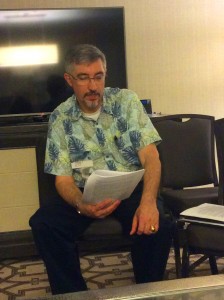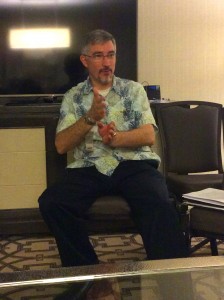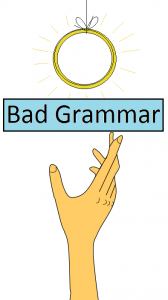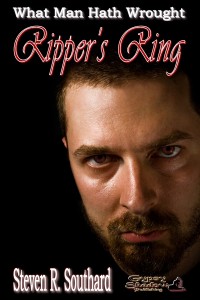There’s something about caffeine and writing. In particular, coffee and writing. Here, I brewed some for you. I’ll write, you read, and we’ll figure this out together. Do you take yours black, or with cream and sugar?
I’ve blogged before about alcohol and illegal drugs, and whether they improve writing. Today we explore caffeine, whether ingested via coffee, tea, or soft drinks.
 Caffeine is a psychoactive drug that affects the mental state of most people, but it’s legal and unregulated almost everywhere. I was surprised to discover it doesn’t so much perk you up as mask your drowsiness. Everyone’s different, though, and it affects people in various ways.
Caffeine is a psychoactive drug that affects the mental state of most people, but it’s legal and unregulated almost everywhere. I was surprised to discover it doesn’t so much perk you up as mask your drowsiness. Everyone’s different, though, and it affects people in various ways.
There are some great blog posts about various writers’ experiences with caffeine, mainly coffee. Before doing any searching, I had an image of writers chugging down java late at night, trying to finish a story and submit it before the midnight deadline.
Instead, most of those who discussed the use of coffee wrote about having some in the morning, the early afternoon, or whenever they started getting tired. Even non-writers can relate to the use of coffee as a means of fighting fatigue.
More interesting to me were those who claimed an actual benefit in their writing. Shanan, who drank about six or seven cups a day, reported she felt more confident, more willing to take writing risks, better able to turn off her inner critic. She said coffee made her more prolific and less liable to get distracted while churning out a first draft.
Similarly, Ellis Shuman claimed coffee stimulated his creativity. Maybe his particular muse could be summoned by the smell of a cup of joe.
Author Sarah Potter gave up coffee and found these results: more drowsiness, but less jitters, no insomnia, less frequent trips to bathroom, less anger over trivial things.
As for me, I began drinking coffee while in the Navy many years ago. I recalled my dad saying how people drank it black during World War II because sugar was rationed, so I associated black coffee with patriotism, and drank it black.
When I left the Navy and got an office job, I drank between six and ten cups a day. By my mid-thirties, I sometimes got severe headaches, and I eventually figured out those were the days when I’d had a lot less coffee. I didn’t want to be so dependent, so I backed off to one or two cups of coffee in the morning, and a caffeinated soft drink with lunch.
Does coffee affect my writing? I don’t think so. During the week, I write while commuting and at night. On weekends I write in the early morning (as I am now) and throughout the day when I can spare time. Other than early morning on the weekends, I rarely have coffee or any drink (and never food) while writing. I haven’t seen a difference in quality or quantity of my prose from coffee.
Your experience might be different, though. Coffee just might be the additive you need, your equivalent of Popeye’s spinach, the liquid fuel that powers your rise to the top of the bestseller list.
Well, my cup’s empty. Can you use a refill? It’s fresh-brewed by—
Poseidon’s Scribe

 At the book launch of “Ripper’s Ring,” I described the story, passed around my 3D-printed version of the Ring of Gyges, and read an excerpt from the story.
At the book launch of “Ripper’s Ring,” I described the story, passed around my 3D-printed version of the Ring of Gyges, and read an excerpt from the story.




